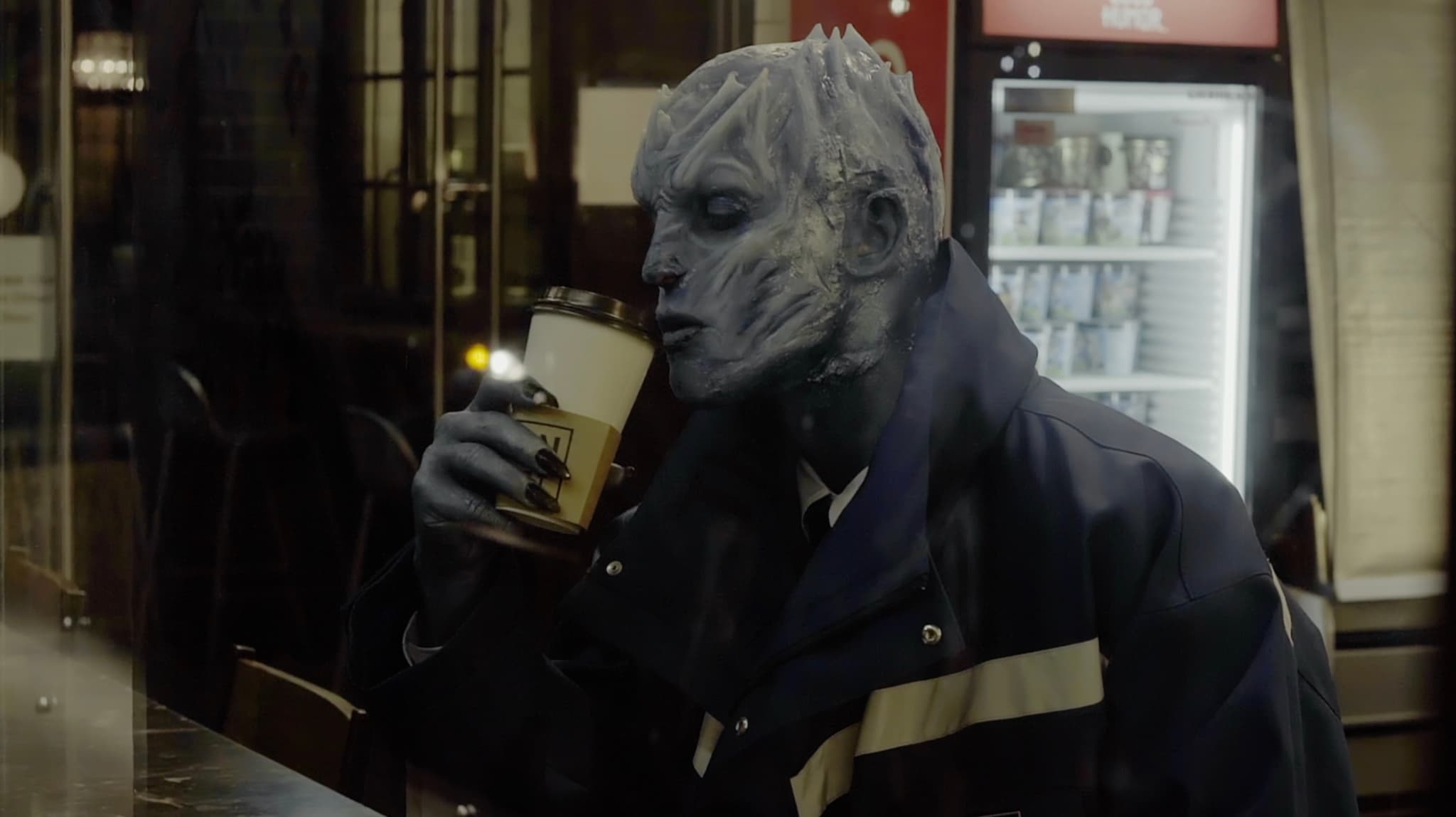A Good Crisis
August 2019

Art collective Dis update the protocols of consciousness-raising for an era of permanent distraction.
Design theorist Benjamin Bratton uses the phrase "the new normal" to describe the contemporary condition, in which new technologies alter the world far faster than we can describe it. The new normal isn’t another kind of normal where things that were once aberrant become unremarkable, but a condition in which the very concept of normalcy becomes redundant. Nothing lasts long enough anymore for a norm to take hold. Streams of information refresh before we can work out exactly what we are looking at, and via compression heavy formats, even what we are able to form an impression of remains illegible. Trends arrive not as waves, but as rip-currents which grab us from below. Reality scrambles and reorganises from one moment to the next. Even the weather is weird.
Politics works differently in this context. The Gramscian project of ushering in change through transforming political common-sense doesn’t map neatly into a world where our sense-making, filtered through personalised digital augmentation and user-centred propaganda, is largely uncommon. How does consciousness-raising work when we are permanently distracted and much of our consciousness is outsourced to the devices around us? The cynical answer is that it doesn’t. The political strategies that have thrived in this environment – alt-right meme magic or Vladislav Surkov’s non-linear warfare – are driven more by chaotic reinvention than ideological cohesion. Some would put the failure of the post-crisis left down to the simple fact that the right had a better brand strategy.
The world didn’t work like this in 2008. Just look at the clear-eyed optimism of Shepard Fairey’s 2008 “HOPE” Obama campaign and try to respond with anything but a cringe. So what changed and how? And what can the left do differently now? This is the fractured political landscape which art collective Dis seek to map in A Good Crisis, a triple-feature of “artist PSAs” which map the rapid reconfiguration of politics and aesthetics in the decade after the crash – catching up to our incoherent present while offering suggestive interventions for what might come next.
The first, eponymous video in the series sees the Night King from HBO’s Game of Thrones wander Wall Street while providing an account of the 2008 crisis and the neofeudal rentiership economy that blossomed in the wake. As the story unfolds, the editing speeds up, with rapid cuts spurred on by card swipes and revolving lobby room glass doors making the voiceover harder and harder to track. Eventually, the film unfolds along a timeline closer to high-speed algorithmic trading than human cognition.
Second along is UBI: The Straight Truvada, which restages an essay by Christopher Glazek in an American hinterland populated by glittery, muscular bodies. The film, narrated by Glazek as he navigates this bizarre setting, uses the history of sexual technologies like the IUD and Truvada to provide an analogy for the way a Universal Basic Income, or UBI, might operate in the economic sphere. Both of these technologies alleviate risk – unwanted pregnancy or HIV – and in doing so expand sexual freedom. Both were accompanied by a moralising backlash. Doctors would initially only prescribe IUDs to married women and Truvada to gay men who could prove they were in a long-term relationship. Today, critics of UBI follow a similar line when they argue that the grant will make people hate their jobs and slack off to pursue reckless hedonism. But who doesn’t already hate their job? These analogies make the implications of a UBI, which cuts to the core of capitalist common sense, thinkable. The consensus on birth control and sexual protection has changed, but why stop there. After all, “what good is a sexual revolution without an economic one?”
Last up is Obama Baroque, a fashion-story / Gossip Girl fanfic (“your one and only source into the scandals of financial capitalism”) chronicling the consumerist excess that fluffed over the immediate fallout of the financial crisis – “a glam dystopia I like to call Obama Baroque”. Rampant inequality didn’t lead to radicalisation, but instead intensified American’s attachment to the equal opportunity abundance promised by neoliberalism in a relation described by Lauren Berlant as “cruel optimism”. Celebrity excess was something to daydream about while you waited to be made redundant. But by the time we get to 2018 – after Occupy and Trump – things have changed, and our cast has turned from socialite to socialist.
Dis are clear in their intentions, “To change the world we must change our ability to understand it.” To accomplish this shift, they employ neither ironic distancing nor sincere, political moralising but a slanted aesthetic style which both parodies the glossy exuberance of post-continuity platform aesthetics and yields them as a political tool.